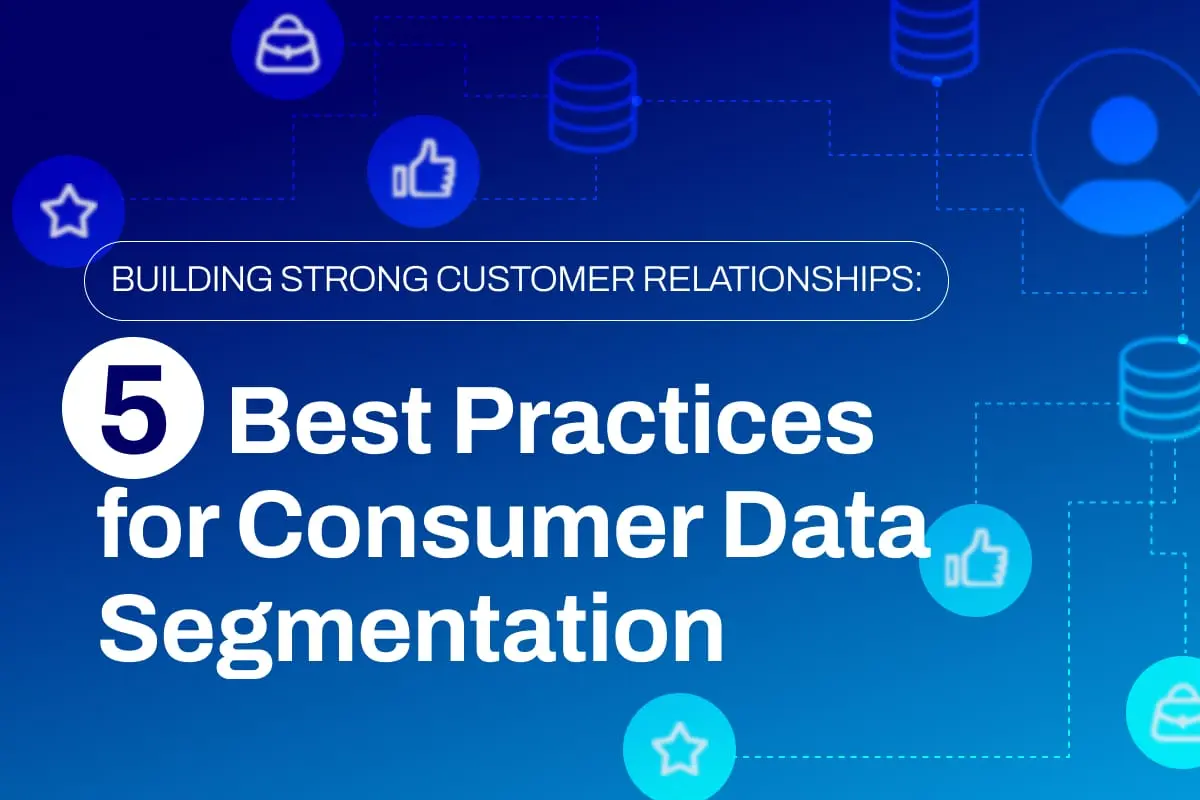
Five Best Practices for Consumer Data Segmentation
Most consumers share a similar set of psychological behaviors. Retail, education, insurance or automotive – no matter which industry you are in, your customers will respond in similar ways to different messages.
So these five best practices are applicable to any customer data segmentation. Of course, it’s better to tweak and interpret them to match your brand, then implement them into your segmentation strategy.
RELATED: 32 Industry-Specific Email Marketing Templates from ChatGPT
1. Activate New Users (Subscribers/Customers)
Create a segment for customers who have bought, subscribed, or interacted with you for the very first time. Show that you care about them and make them feel the first WOW moment.
Start with a warm, personalized welcome message, directing them to explore or make their first purchase.
When customers feel you immediately recognize them, it gives you an opportunity to build positive connections right off the bat, creating trust and encouraging them to further check out your offerings or buy your products – it improves customer experiences and fosters long-term ROI.
2. Upsell Converted Users
It’s not enough to make one-off conversions. You need to establish a repeat process to grow your business. To target this audience, you can create customer data segmentations of those who have bought some time ago but have a low frequency.
When enacting upsell campaigns, personalization makes a major impact. Brands often use reward points and loyalty programs to incentivize customers to make additional purchases. You can always remind them of their points or coupons when they are inactive for a long time.
RELATED: What Is Personalization Going to Look Like Long Term? See What Marketers Have to Say
3. Turn loyal customers to advocates
People tend to share surprising, positive experiences with their friends, family and colleagues. To start a word-of-mouth effect, rely on a segment of power users.
The customer profile who has high frequency, purchases, and activity is the right candidate for this segmentation. Proactively appreciate these customers’ continued support with early access to upcoming promotions or new releases. Let them know you love them back and give every reason for your most loyal customers to brag with friends and family.
Another option to consider here is a referral campaign. Exclusive discounts and incentives for signing up friends, family, and coworkers encourages more widespread brand recognition and purchases. Essentially, try to reinforce and spark positive customer experiences while encouraging customers to share your message.
4. Shopping Cart Reminders
Some users are highly active, but at the same time, customers who shop at any frequency can be forgetful, with many often leaving items in their carts when they exit your site. Why not create a segment for them and send personalized recommendations or discounts based on their behavioral activity and try to rekindle their interest through further engagement?
Really Good Emails has some great examples of these if you’re looking for inspiration.
5. Build Habits and Finetune
You need to keep your customers engaged all the time. The ultimate goal is to make them come again.
Once you spend enough time together, you’ll learn more about them. Then you can create meaningful customer data segmentation that appeals to their tastes and preferences.
Remember, the journey towards optimized segmentation is ongoing; consistently analyze customer responses and engagement metrics to refine your marketing strategies and ensure sustained campaign effectiveness.
Conclusion
Understanding and harnessing the shared psychological behaviors of consumers across various personas and mediums is key to successful segmentation strategies. By fine-tuning and aligning these practices with your brand’s identity, you establish deeper connections, foster trust, and drive long-term ROI, creating a foundation for effective and impactful customer interactions.










